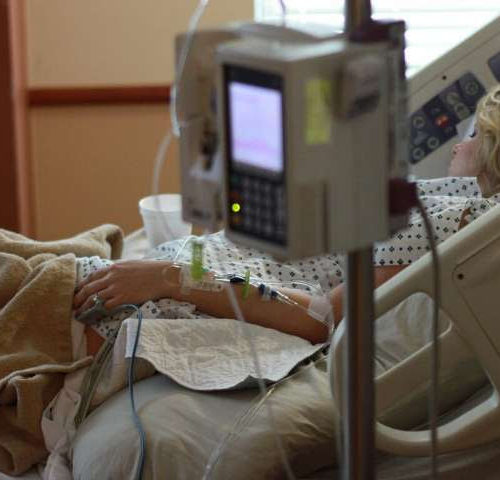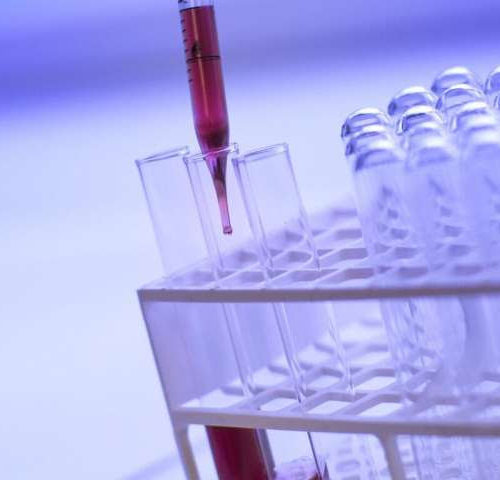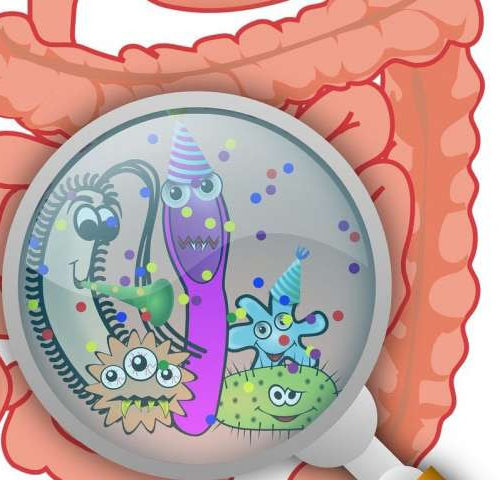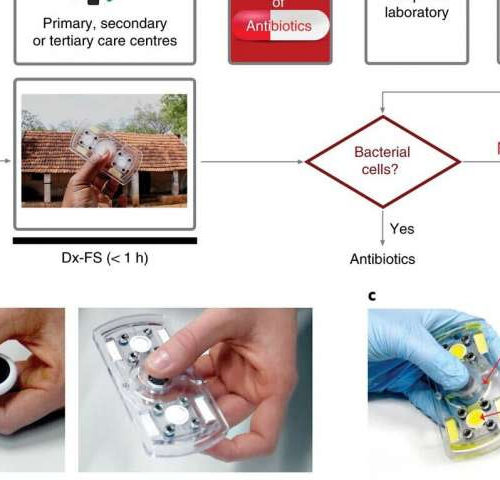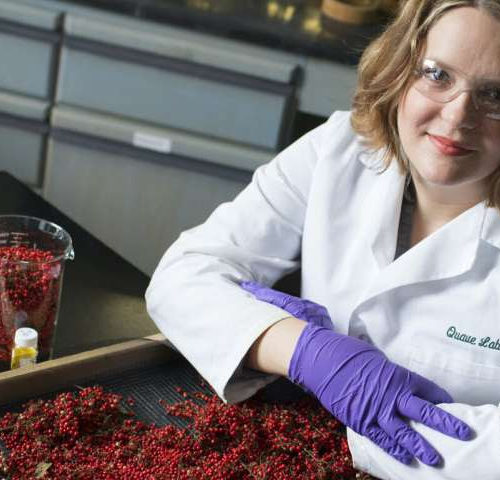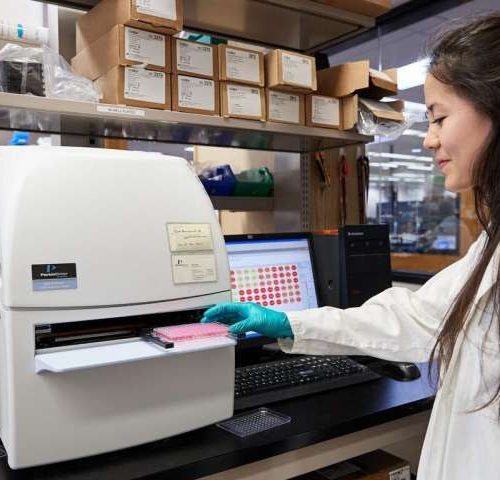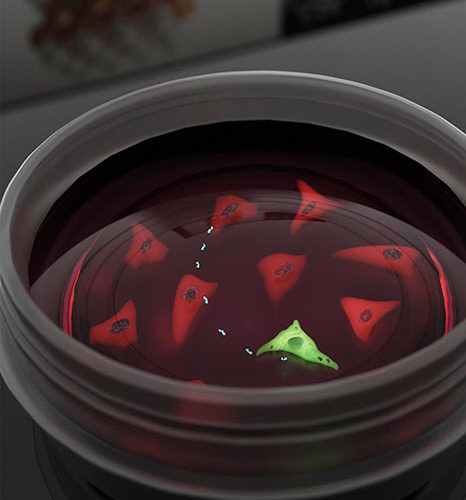by Deborah Kotz, University of Maryland School of Medicine A new landmark study by researchers at the University of Maryland School of Medicine (UMSOM) found that patients with a vascular condition, called abdominal aortic aneurysm, received no benefits from taking a common antibiotic drug to reduce inflammation. Patients who took the antibiotic doxycycline experienced no...
Tag: <span>antibiotics</span>
New testing system predicts septic shock outcomes
by Emily Ayshford, University of Chicago More than 1.7 million Americans develop sepsis each year, and more than 270,000 die from it. The condition—which happens when the body has an extreme response to a bacterial or viral infection, causing a chain reaction that can lead to organ failure and death—has few strategies for treatment. That’s...
Study shows patients with hemorrhagic brain disease have disordered gut microbiomes
by University of Chicago Medical Center A new study shows that people with a rare genetic disease that causes bleeding in the brain have gut microbiomes distinct from those without the disease. Moreover, it is the molecules produced by this bacterial imbalance that cause lesions to form in the brains of these patients. The results...
Next frontier in bacterial engineering
PRINT E-MAIL From bacteria-made insulin that obviates the use of animal pancreases to a better understanding of infectious diseases and improved treatments, genetic engineering of bacteria has redefined modern medicine. Yet, serious limitations remain that hamper| progress in numerous other areas. A decades-old bacterial engineering technique called recombineering (recombination-mediated genetic engineering) allows scientists to scarlessly...
A fidget spinner-like device for speedy detection of UTIs in urine
The Dx-FS as a POCT device for low-resource settings. a, In developing countries such as India, healthcare is classified into three levels: primary, secondary and tertiary care. Although secondary and tertiary care centres are equipped with laboratories for UTI screening, the same does not exist in primary care centres34,35. Patients seeking intervention with symptoms of...
Scientists identify chemicals in noxious weed that ‘disarm’ deadly bacteria
by Carol Clark, Emory University Scientists have identified specific compounds from the Brazilian peppertree—a weedy, invasive shrub in Florida—that reduce the virulence of antibiotic-resistant staph bacteria. Scientific Reports published the research, demonstrating that triterpenoid acids in the red berries of the plant “disarm” dangerous staph bacteria by blocking its ability to produce toxins. The work...
Researchers find one-two punch may help fight against Salmonella
by McMaster University McMaster University researchers have discovered a combination punch to treat drug-resistant infections that is showing promise based on testing in mice. Researchers found that a natural product called dephostatin is an effective partner for the antibiotic colistin in treating infections caused by the bacteria Salmonella. Colistin is considered a last-resort antibiotic for...
A combo of fasting plus vitamin C is effective for hard-to-treat cancers, study shows
by University of Southern California Scientists from USC and the IFOM Cancer Institute in Milan have found that a fasting-mimicking diet could be more effective at treating some types of cancer when combined with vitamin C. In studies on mice, researchers found that the combination delayed tumor progression in multiple mouse models of colorectal cancer;...
Nanopropellers to Deliver Gene Therapy Into Cells
Researchers at the Max Planck Institute for Intelligent Systems in Germany have developed powerful nanopropellers that can be steered into the interior of cells to deliver gene therapy. The magnets that these devices, each about the size of a bacteria, are made of were created for the first time for this very task. Most powerful...
How To Avoid Skin Irritation From Face Masks
By Jill Di Donato Face masks unequivocally slow the spread of the coronavirus, according to the Mayo Clinic and the Centers for Disease Control and Prevention. Although the CDC hasn’t addressed how long we’ll be expected to wear face masks in public, some health experts say we should continue wearing them for the next 18...

